Although Turkish steelmakers are trying to reduce costs through green transformation and renewable energy investments, Türkiye is not yet receiving enough support compared to the support in the Far East. As a result, the steel industry is experiencing a challenging period and the ratio of exports to imports is declining.
Following the 20% hikes in electricity and natural gas in the industry, the steel industry is going through difficult times due to rising energy costs. Explaining the difficulties of the situation for the sector to SteelRadar, Dr. Veysel Yayan, Secretary General of the Turkish Steel Producers Association (TÇÜD), said: "The steel industry is among the most energy-consuming industries worldwide. While the share of the steel industry in Türkiye's total energy consumption is 7%, its share in industrial consumption is around 23%."
Competitiveness is negatively affected
Underlining that one of the biggest challenges facing the steel industry is the high energy costs that emerged after Russia's invasion of Ukraine, Veysel Yayan said, "The increase in energy costs is reflected in the production costs of the products and this situation negatively affects the competitiveness of the industry in the international market."
Energy costs made exports difficult but increased imports
Stating that increasing energy costs make it difficult to compete abroad and increase imports at home, Yayan said, "Regarding the increase in energy costs; Middle Eastern countries such as India, Russia and Iran in the Far East have diverged from the EU and the Turkish steel industry. The low energy costs in these countries and the existence of serious state aids, although varying from country to country, have negatively affected the free market mechanism. While this situation led to a decline in production in the EU and Türkiye, it also led to an increase in production in these countries and the concentration of surplus production in world markets, particularly in Türkiye. In this respect, high energy costs not only have a negative impact on Turkish exports due to the decline observed in the last two years, but also lead to an increase in the share of imported inputs in domestic consumption and adversely affect Türkiye's current account balance."
Renewable energy to reduce costs
Stating that Turkish steel producers are turning towards renewable energy, Yayan said, "Turkish steel producers have turned to renewable energy sources both for green transformation and to reduce energy costs. They care about and increase investments in WPPs, SPPs and HEPPs in terms of the sustainability of their production. However, while it has been announced that the EU will provide support of 8.7 billion Euros for such investments within the scope of green transformation in the steel sector, such support has not yet been provided to the Turkish steel sector."
The ratio of exports to imports declined from 93.3% to 50%
Veysel Yayan said, "The increase in energy prices since August 2022 has been one of the biggest problems that negatively affected the competitiveness of the steel industry. While the decline in our exports of steel products was 23.5% in 2022, it was 41.8% in the first 8 months of 2023; cumulatively, it decreased by approximately 65% in two years; on the other hand, imports decreased by 3.2% in 2022 and increased by 21.4% in the first 8 months of 2023. This led to a decline in the ratio of exports to imports from 93.3% to 50%."


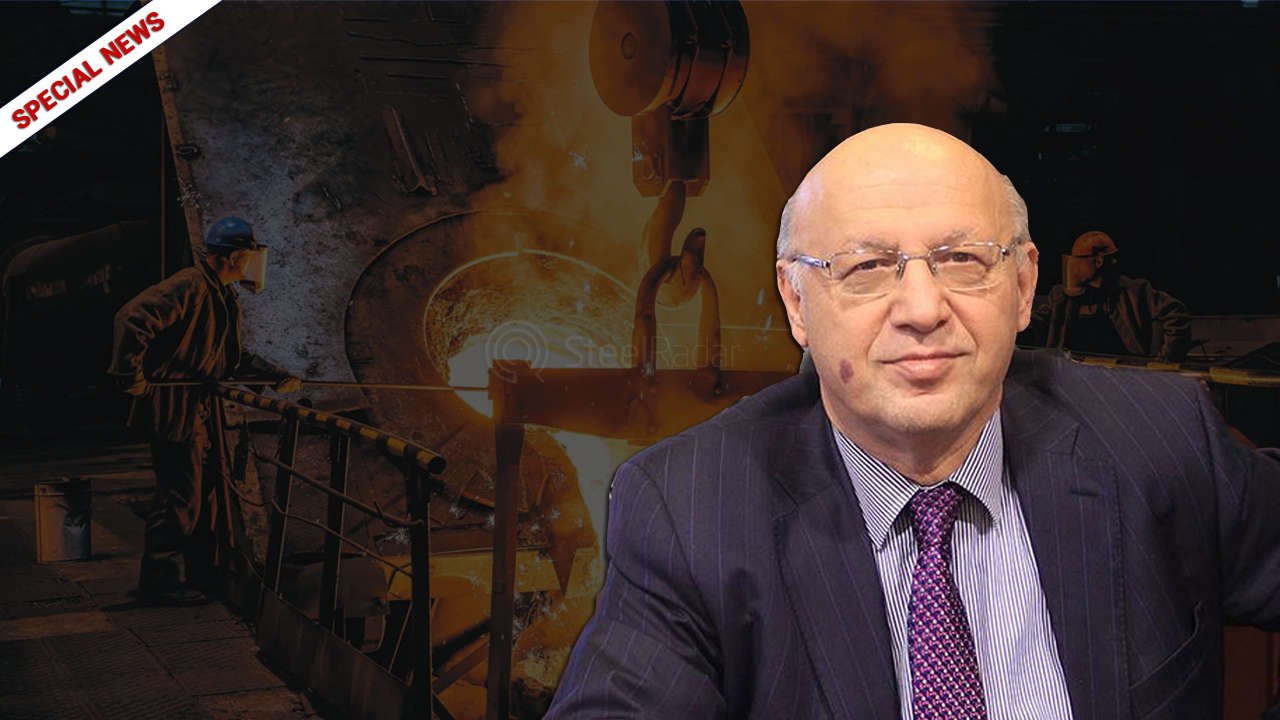
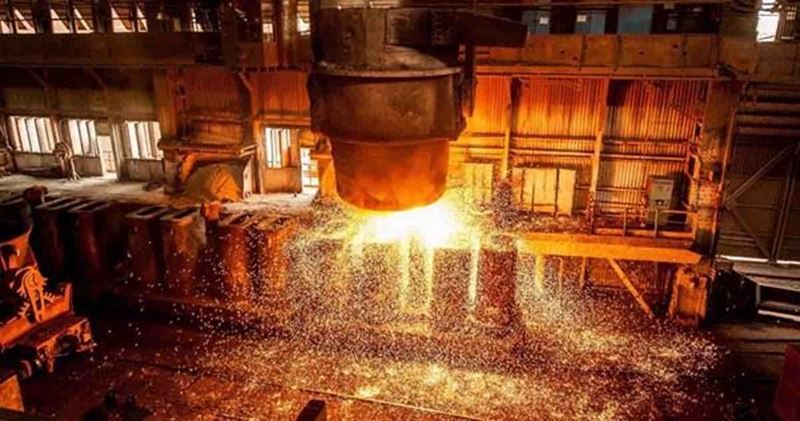
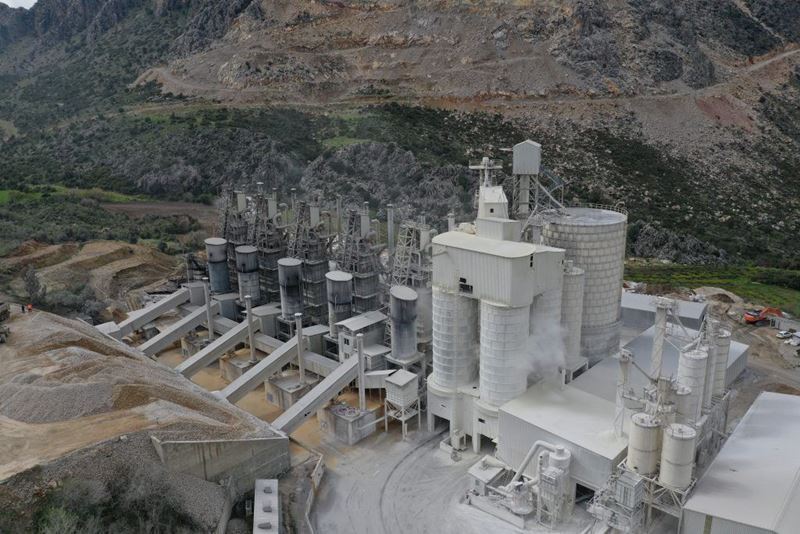
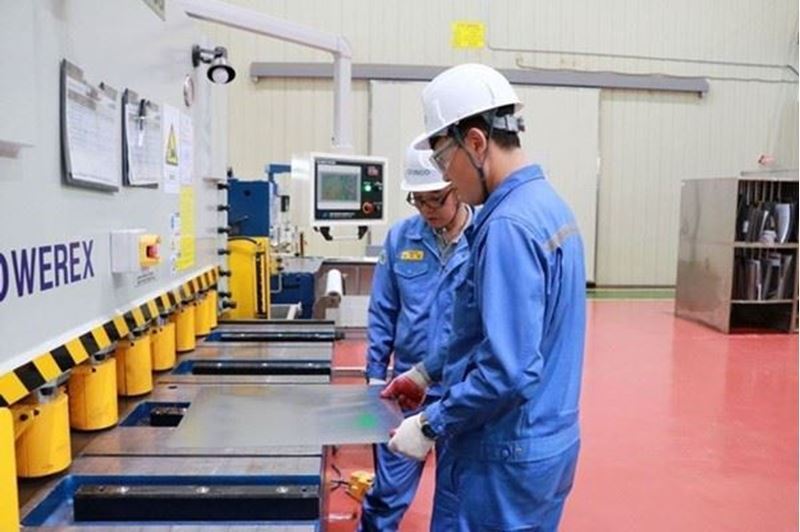
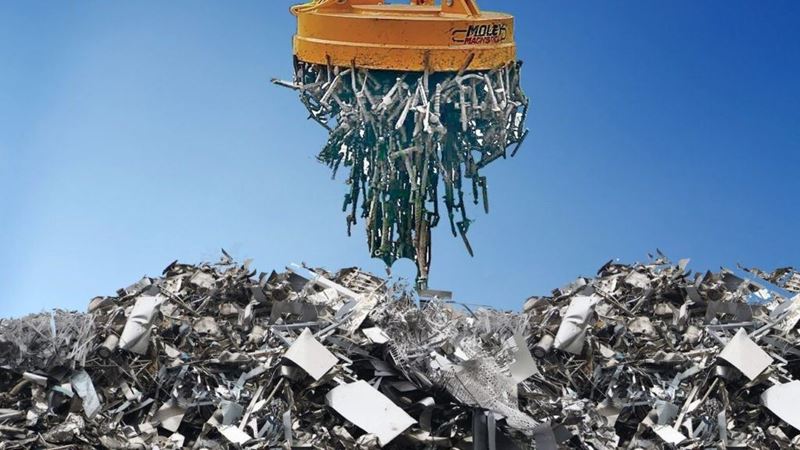
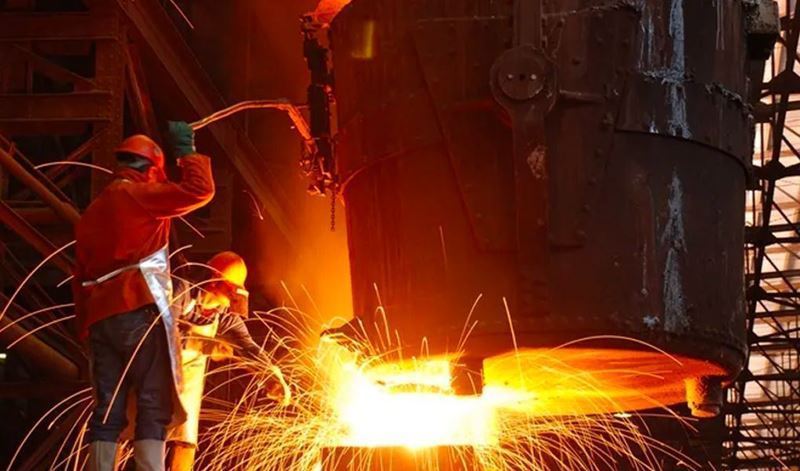

Comments
No comment yet.